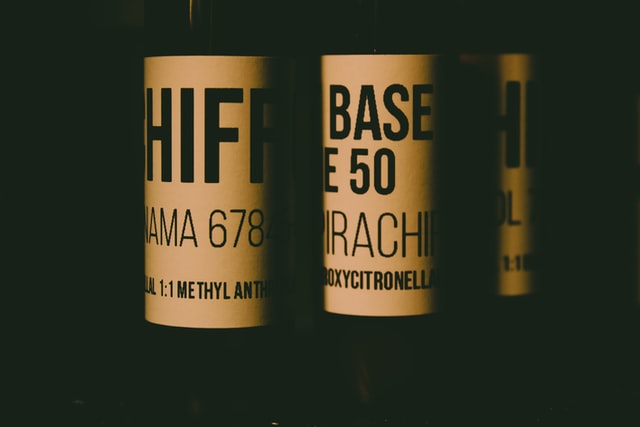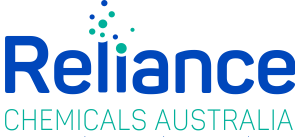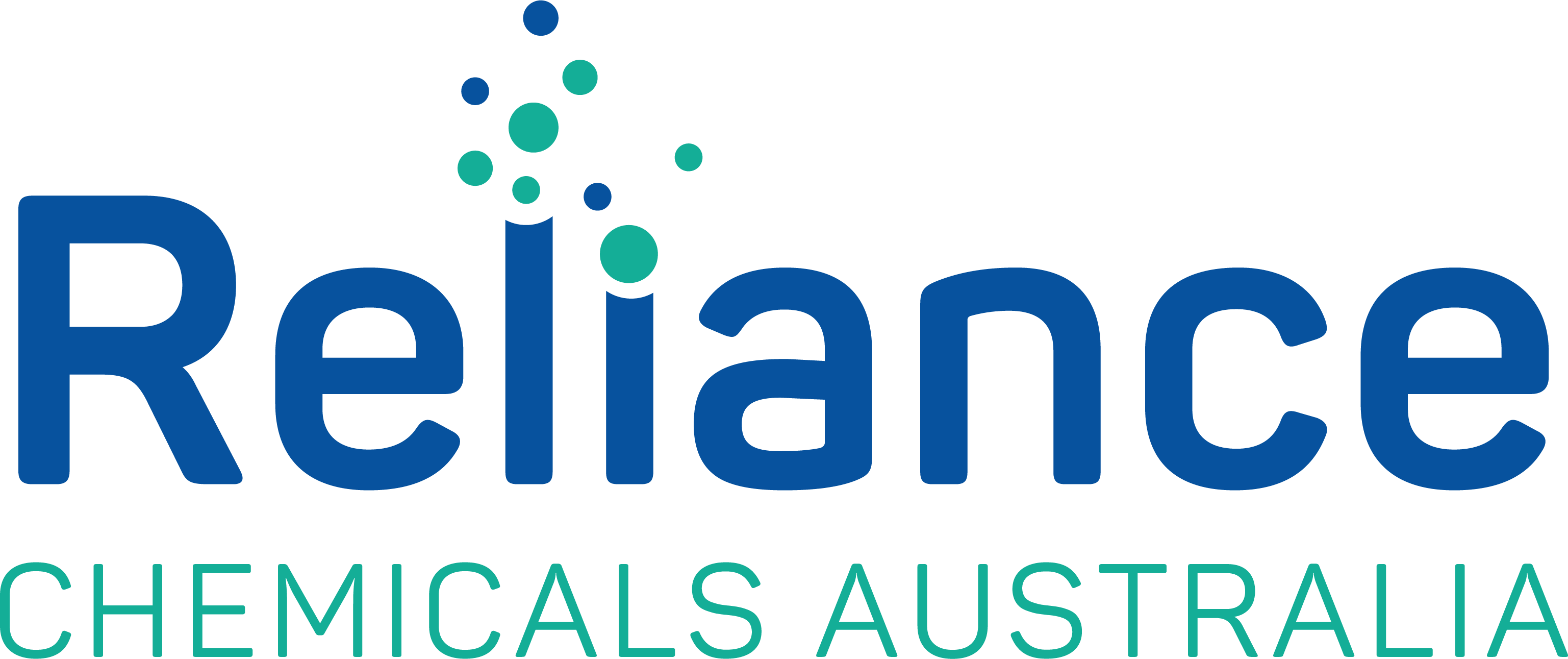Highest quality hygiene and cleaning chemicals

Heavy metals are natural chemical elements found within rocks in the earth’s crust. For as long as anyone can remember, heavy metals have also been used extensively in the industrial field. Aside from that, you can also use them for your personal uses as well. While not inherently harmless, heavy metals can also cause adverse health problems to the human body—but how?
When you work with heavy metals, the metal dust tends to accumulate in the body. If metal dust takes up in the body, it can become toxic. The most common effects of metal dust exposure are vomiting, headaches, and passing out. In the long-term, metal dust exposure can cause liver damage, kidney damage, fluid build-up in your lungs, and brain problems, which can be very scary.
What exactly are the heavy metals that can affect you, and how do you protect your body against them? Read on below to learn more about them.
Cadmium is one of the most toxic metals ever known. Aside from the effects listed above, it’s also a carcinogen linked to what causes pancreatic cancer. In recent years, the use of cadmium has significantly decreased due to its high toxicity.
Cadmium is usually found in batteries, specifically rechargeable ones. It’s also present in soldering components, electronic products, and dye pigments. Cadmium is also used as a corrosion inhibitor. Cadmium is also extensively used in the industrial field, especially in processing plants where metal ores are smelted.
Mercury is one of the more exciting metals because it has the properties of a liquid yet is metal at the same time. It’s fine to touch mercury, as long as you don’t have any cuts on your hand. Mercury releases vapours that can enter your body if you touch it with cuts on your skin. When these vapours enter your skin, they can lead to mercury poisoning.
Mercury can be found in many things, including home products such as fluorescent light bulbs and other electrical devices. Dentists also use mercury for amalgam fillings. Thermometers also made use of mercury, especially older models. However, these are slowly being phased out in favour of digital thermometers.
Lead is one of the more common metals that people are inadvertently exposed to. Exposure to lead is sometimes considered an occupational hazard since lead is used in many industries. Occupational exposure to lead is one of the most prevalent overexposures.
The industries with heavy lead exposure include metal processing plants, battery manufacturing, and firing ranges. The gasoline and paint manufacturing industries also used lead back then, but that’s not the case now because gas and paint are now lead-free not just in the U.S. but also in many other countries in the world.
The first protection measure that you should observe when working with heavy metals is proper hygiene. Aside from that, hand hygiene is also something that must be done extensively since we constantly touch heavy metals. To avoid ingestion of heavy metals, proper handwashing before eating or drinking must be done.
Additionally, you should also avoid touching your face or any other part of your body when working with heavy metals. It’s best to wear personal protective equipment, such as gloves. These PPEs must also be washed thoroughly after exposure to heavy metals.
For proper hand washing, you must wash your whole hand, including your fingernails and forearms, for at least 30 seconds. Aside from that, it’s also essential that you wash your face. To dry your hands and face, it’s best to use a paper towel instead of a cloth towel.
You can never be too sure if metal dust has entirely left your skin, which can stick to cloth towels. On the other hand, paper towels are disposable and go straight to the trash where no one else is at risk of exposure.
Proper hygiene is a necessary measure to remove heavy metal contamination from the skin. However, it’s also important to note that adequate hygiene alone is not enough because there are also other protective measures to take, such as PPEs when working on heavy metals.
Many chemicals are also used as cleaning products, such as a degreaser. A degreaser, as the name implies, removes grease and oil from surfaces. A degreaser is usually used as a cleaning agent for cars, but it can also be used to clean other stuff. If you’re looking for an engine degreaser, Reliance Chemicals has got your back!
Aside from cleaning agents, we also sell PPEs that you can use as you work with chemicals. Contact us today to learn more!

